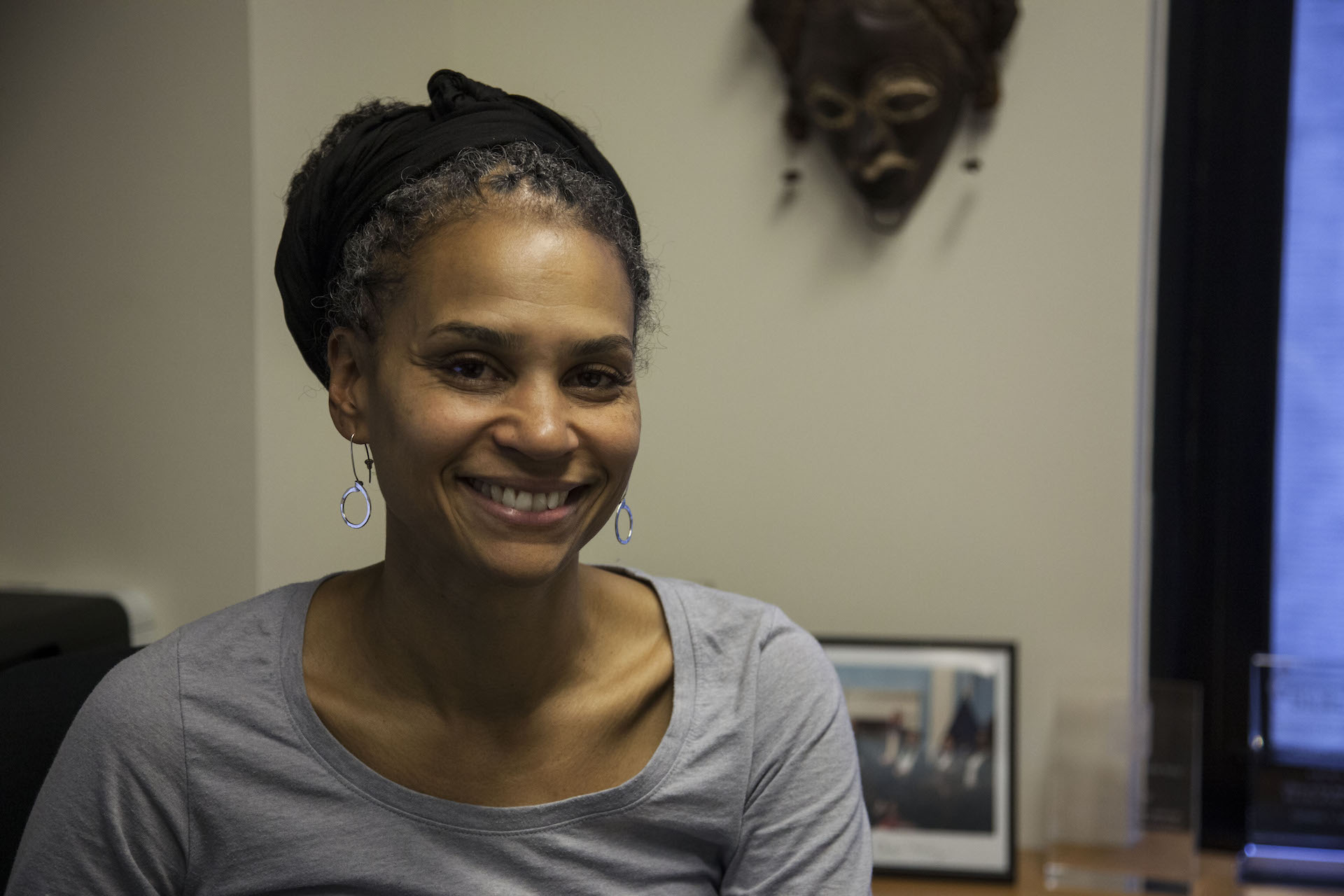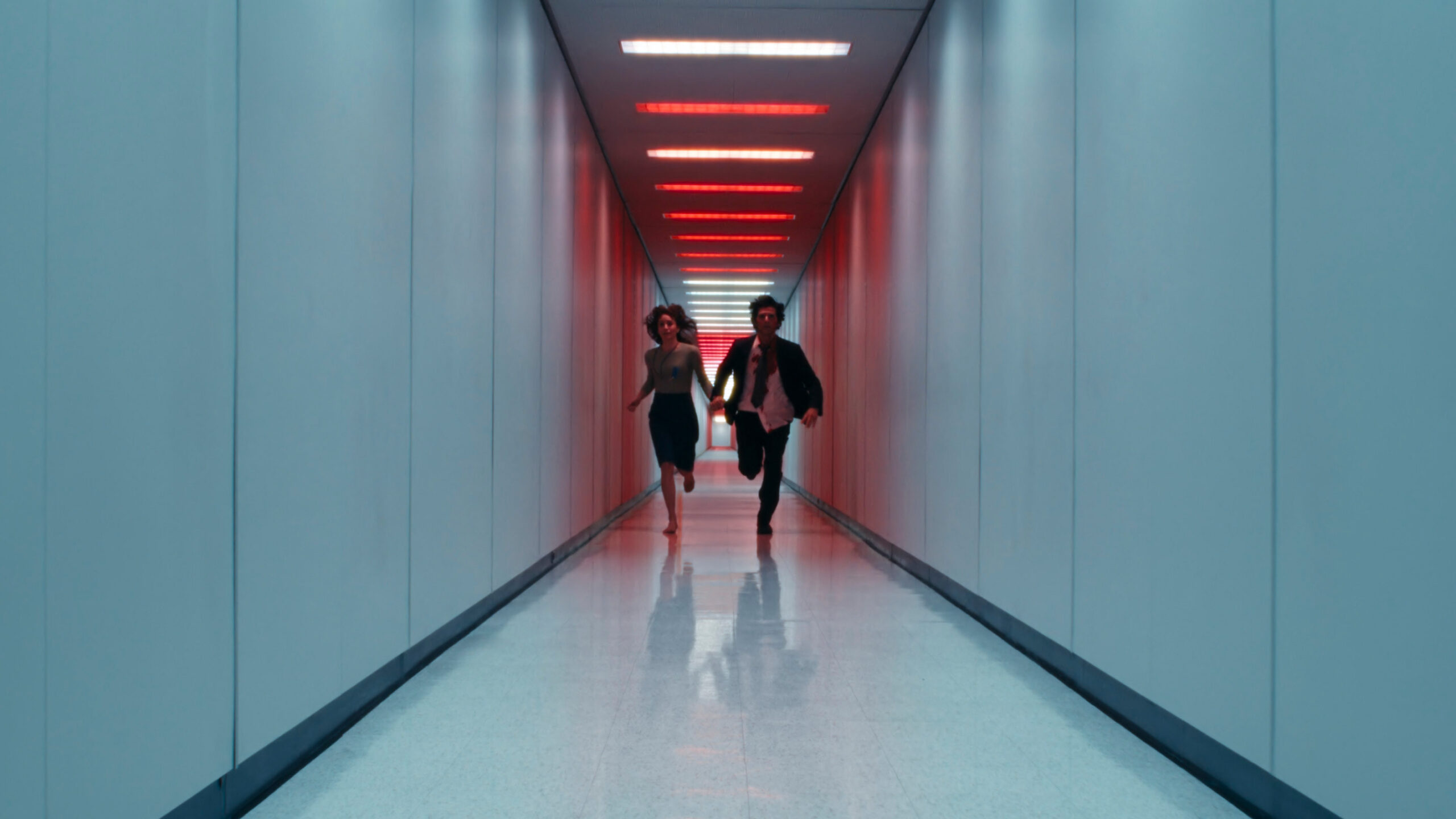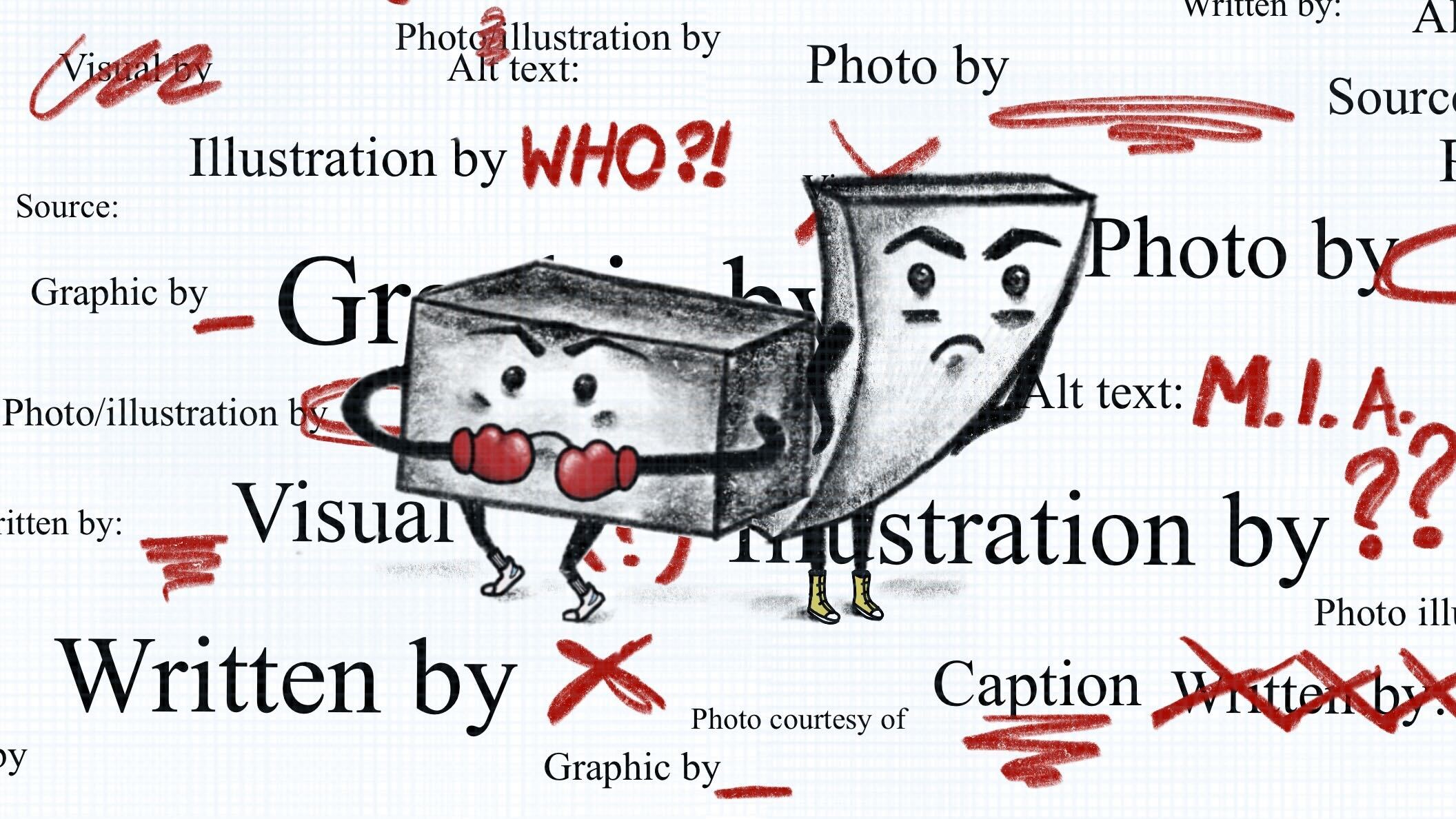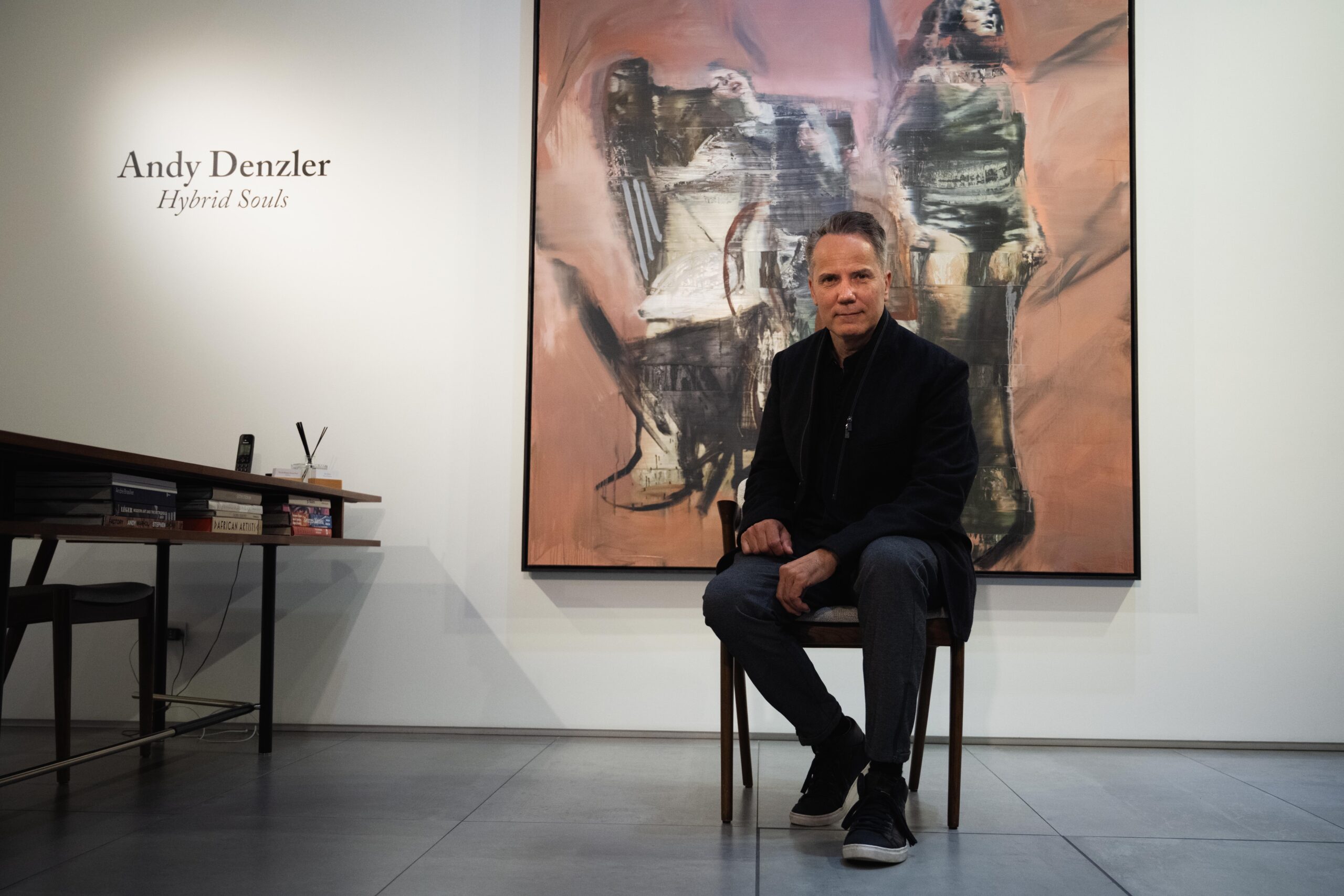Handwritten words wrote out the question “What is social justice?” that titled the top of a whiteboard brainstorm in the office of the new leader of social justice programs at The New School, Maya Wiley.
In an interview with The New School Free Press in October, Wiley explained that she doesn’t believe there is a clear or singular answer to that question, nor does she aspire to find one. Her end goal is to simply set in place a list of principles and parameters that embrace what social justice means for The New School in particular, she said.
In June, The New School announced Wiley would be joining the school in July as the Henry Cohen Professor of Urban Policy and Management at the Milano School of International Affairs, Management, and Urban Policy and as the senior vice president for social justice.
Since then, she has been working towards her new position by designing courses on race, policy, discourse, and digital equity- identifying social justice work and interests on campus, and working with public policy faculty to consider new programs that elevate social justice in general and race specifically.
Wiley, who was most recently counsel to New York Mayor Bill de Blasio, has also worked within a number of social justice positions some being, expanding affordable broadband access throughout all five boroughs, the city’s minority and women-owned business enterprise director, a civil rights attorney and policy advocate, as well as a civil rights litigator. Wiley feels that all of her previous positions have and will influence the work she will perform within the university.
For the previous city government worker, the change in action was “mostly about the opportunity to take all the things I’d learned over several different positions that I’ve been fortunate enough to have—including the most recent with the city—and think about the ways to elevate the next level of leaders for the next level of impact.”
She sought out The New School specifically “because of the values, and the focus both on social justice in general but also on actual experiential learning and actually doing things out in the world,” Wiley said. She felt that it was the “perfect place” to elevate today’s young leaders.
Following last Tuesday’s presidential election results, Wiley and the Social Justice Committee held a town hall discussion where New School community members could speak their concerns and explain their emotions regarding the future of the United States. At that event, Wiley spoke about continuing to make sure the university is able to act as a safe space for those of all races, backgrounds, and political beliefs.
Wiley also plans on working further with the administration on possibilities for training on race. She also hopes to help create more opportunities for there to be multi-disciplinary work and learning abilities throughout the university. Wiley expressed two instances in which multi-disciplinary work has been prevalent in her career. One being through designing policy on broadband access which she was able to do not just as a practicing lawyer, but sometimes as a policy analyst, an advocate, and a strategist. And two, she has experienced the privilege to be able to work with people across a variety of disciplines inclusive of social science, art, culture, and business.
This intersection of work is “really the way you get innovation and how you get things done,” Wiley said. “New School has all of that, but sometimes it gets very contained and silent so people don’t get to interact with it all. So I hope to help create more pathways for students and faculty and staff to be able to work together across those boundaries… There’s already so much work that’s impacting outside the university and into the world, so there’s a lot of opportunities to kind of build more of that and lift it up. The New School really has the ability to be seen as the leader that it is in social innovation.”
To get to this point, Wiley feels she must first gain a clear understanding of what social justice means for The New School community; something she is still in the process of fleshing out.
“How,” Wiley said to herself, “I’m still not sure, but that’s part of learning The New School and learning the culture of it. But that’s why I have all that,” pointing to her board of social justice brainstorming.
“I don’t think social justice should be defined, but getting a university-wide sense of what those core principles are so that whether you’re in international affairs which uses a human rights lens… or weather you’re in design, at Parsons thinking about creativity, that everyone has their way of seeing their interaction and how their social justice work fits in.”
By communicating with not only task forces but those outside of task forces as well, Wiley hopes to create a broader community conversation throughout the university to set a list of principles that will essentially define social justice within The New School.
Photo: Julia Himmel







